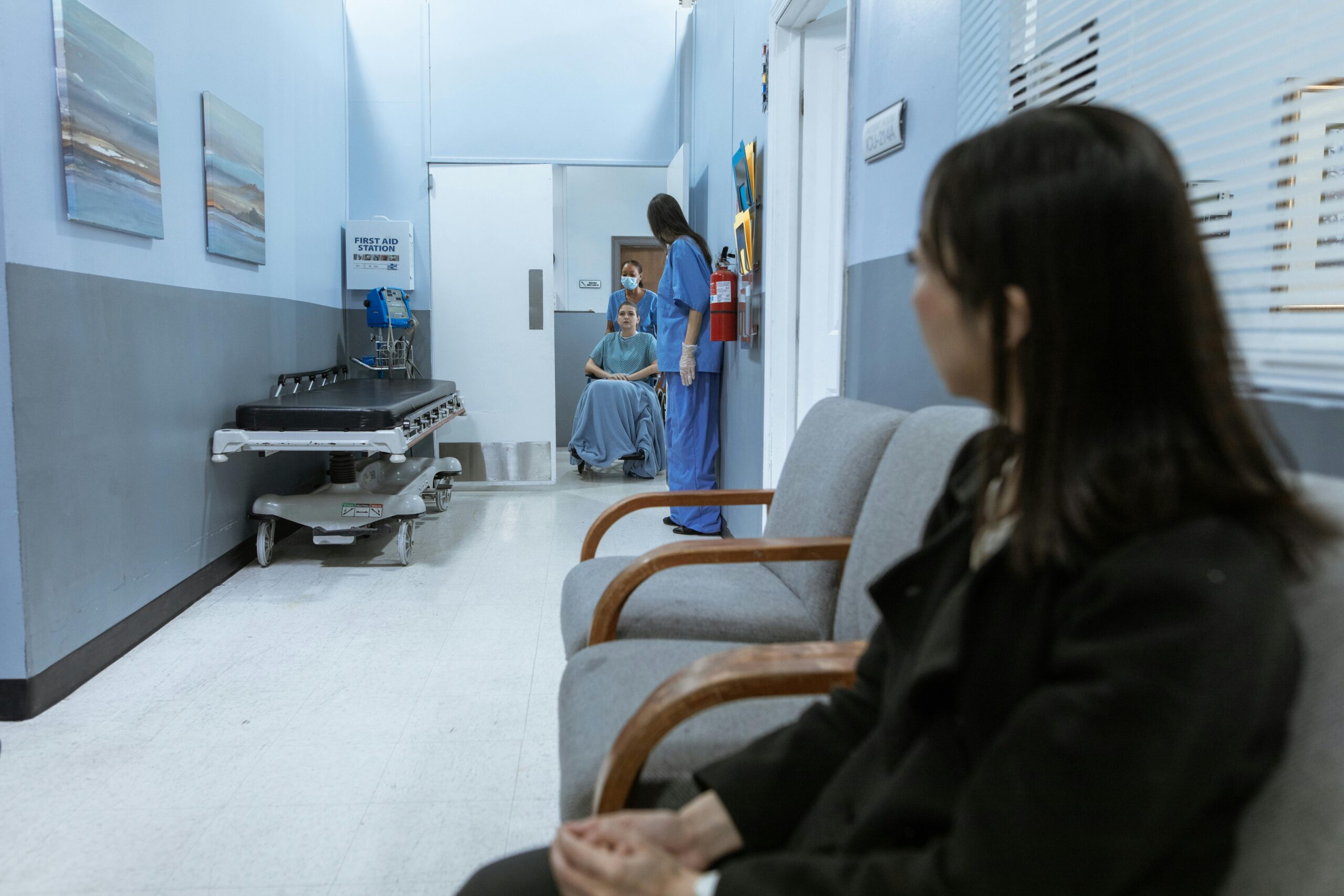OECD Publishes Economic Survey of Ireland 2022 With Special Focus on Health Sector

The OECD has published the Economic Survey of Ireland 2022 including, for the first time, a thematic chapter on health sector performance and efficiency.
The OECD Economic Survey reviews a country’s structural policies that have the potential to improve the economy’s long-run performance and people’s living standards. The chapter on health provides an independent, expert assessment of the Irish health system. Through evidence and cross-country comparisons, the OECD make policy recommendations to maximise sustainability, efficiency, and equity.
The report highlights that the health of people in Ireland has improved significantly over the last twenty years with life expectancy now one of the highest in OECD. In addition to acknowledging Ireland’s successful response, in relative terms, to COVID-19, the report spotlights significant achievements and promising initiatives, such as the successful measures taken to reduce tobacco use and increasing five-year survival rates across almost all types of cancer.
Like all other countries’ health systems, Ireland’s health sector faces challenges. Importantly the OECD recommendations on addressing these challenges reinforce the direction of reform that is already under way – including the development of:
- The health system performance assessment tool – a framework that uses a set of indicators, such as life expectancy and number of health professionals, to allow policy makers and members of the public understand how the health service is functioning.
- A single assessment tool– this allows a single, comprehensive assessment of a person’s health and social care needs to inform decisions such as whether residential care is appropriate.
- The health information bill– this will allow data to better flow through the system to support patient care and health reform.
- Measures to support the uptake of generic and biosimilar drugs in Ireland – this will allow for greater substitution from branded medication to available low cost alternatives where clinically appropriate.
- Increased investment in data and capital infrastructure – for example to procure an Electronic Health Record system, and modernising hospital buildings.
- Implementation of the Waiting List Action Plan – to reduce waiting times in Ireland.
Together with benchmarks on reform in other health services, these initiatives will allow Ireland to better manage challenges that are highlighted in the chapter. For example:
- As the population begins to age, strategic planning of long-term care is necessary.
- Data availability is poorer than in some other countries. This inhibits understanding of how health services are financed, prevents patient records from being efficiently shared between clinicians, and prevents people from being able to quickly access their own ehealth records.
- Pharmaceutical spending is growing rapidly compared to our neighbours.
- Progress on reducing waiting lists has been negatively impacted by the pandemic.
Further key recommendations of the report include:
- Establishing integrated funding and service delivery of home care with other community-based health, long-term care and social services to ensure those who need those services can easily avail of such support.
- Implementing the reforms to create the Regional Health Areas, which will decentralise some aspects of the health service, and rebalance healthcare delivery across primary, community and long-term care and hospitals.
- Introducing a population-based resource allocation funding model as planned, which distributes funding according to the needs in a local population, to improve financial reporting and management and strengthen equity in health outcomes.
- Prioritising the adoption of a unique health identifier and centralising governance and appropriate national health information functions within a single independent body.
Minister for Health Stephen Donnelly welcomed the publication saying, “under the Programme for Government and Sláintecare, the Department of Health is committed to delivering the right care at the right place at the right time – significant investment and reform is underway to deliver a modern, high quality and effective patient-centred system. I welcome the OECD’s commentary on the performance of the health sector – from the excellent health outcomes of people in Ireland to the success of major health initiatives in recent years.\”
“However, while we have seen unprecedented investment in capacity and people in our health service in recent years, we must also ensure efficiency in the delivery of services. We have high costs in the health sector by international standards and in the current economic climate, it is also important for the health sector to deliver value for money. The issues Ireland’s healthcare services faces are shared by many of our OECD peers and learning from the initiatives of other countries is a major benefit of work like this. The OECD provide a broadly positive assessment of the current reform direction, which we will use to further enhance and accelerate these reforms, to deliver an efficient, effective, patient-centred health service.”
You might also like
For relevant updates on Emergency Services news and events, subscribe to EmergencyServices.ie









